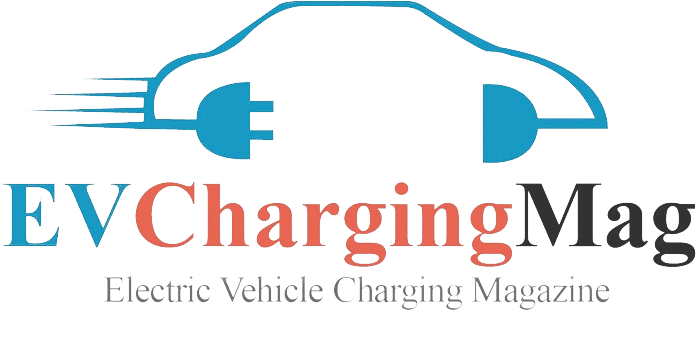The year 2024 marks a significant milestone in the automotive industry’s shift towards electric vehicles (EVs). With environmental concerns and technological advancements driving the market, the choice to go electric is more appealing than ever. However, navigating this new territory can be daunting. This guide is crafted to demystify the process, offering you expert advice and up-to-date insights to make your EV purchase a confident and informed decision.
1. Deciphering EV Types: A Closer Look
Understanding the types of EVs available is the first step in making an informed decision. Let’s delve deeper:
- Hybrid Electric Vehicles (HEVs): These are a blend of traditional combustion engines and electric power. For instance, a Toyota Prius operates on both gasoline and electric power, recharging its battery through the engine and regenerative braking.
- Plug-in Hybrid Electric Vehicles (PHEVs): Vehicles like the 2024 Mitsubishi Outlander PHEV offer a more powerful battery, capable of longer electric-only driving distances, and require plugging in to recharge.
- Battery Electric Vehicles (BEVs): Fully electric vehicles like the Tesla Model 3 or Chevrolet Bolt run solely on electric power, offering varying ranges suited to different lifestyles, from urban commuting to cross-country travel.
2. Tackling Range Anxiety: Practical Advice
To address range anxiety, it’s helpful to look at recent advancements. For example, many new BEVs now offer ranges that exceed 300 miles, a significant improvement over earlier models. When considering range, reflect on your daily driving patterns and remember that the average daily commute for most Americans is well within the capabilities of most modern EVs.
3. Charging Options: More Accessible Than Ever
Charging infrastructure has grown significantly in recent years. For instance, as of late 2023, there were over 100,000 charging stations in the United States alone. Home charging is a convenient option, and many workplaces now offer charging facilities. Public charging stations are also becoming more widespread, with many offering fast-charging capabilities.
4. The Test Drive Experience: Why It’s Essential
Taking an EV for a test drive is more than just feeling the road; it’s about experiencing the unique aspects of electric driving. Note the quietness of the cabin, the instant torque, and the regenerative braking. Many drivers find these features make for a more relaxed and enjoyable driving experience.
5. In-Depth Research and Reviews: The Key to an Informed Decision
Staying informed is crucial in a rapidly evolving market. Look for reviews and comparisons from reputable automotive journalists and industry experts. Websites like Edmunds or Consumer Reports offer comprehensive reviews and can be valuable resources.
6. Insights from the EV Community
There’s a wealth of knowledge to be gained from current EV owners. Online forums, social media groups, and local EV clubs can be great places to ask questions and hear first-hand experiences. They can offer tips on everything from maintenance to the best local charging solutions.
7. Financial Incentives: A Significant Benefit
The financial benefits of EV ownership extend beyond fuel savings. In the U.S., the federal EV tax credit is a substantial incentive, and many states offer additional rebates or incentives. These can make EVs competitively priced compared to their gasoline counterparts when considering total ownership costs.
8. Understanding EV Warranties
An EV’s warranty is particularly important due to the relatively high cost of battery replacement. Most manufacturers offer extensive warranties on the EV battery and powertrain. For example, many BEV batteries are covered for up to 8 years or 100,000 miles, ensuring peace of mind for the owner.
Conclusion
As we embrace a more sustainable future, the decision to purchase an EV in 2024 is both an exciting and prudent choice. By considering these eight essential tips, you’re not just buying a vehicle; you’re investing in cutting-edge technology and environmental responsibility. Armed with the right information, your journey to owning an EV will be as smooth and efficient as the cars themselves.
Note: This article was originally published in 2021 and has been updated in January 2024.


Is it possible to have a bigger battery in a MG all electric
On MG ZS EV, the motor should be paired with a 44.5kWh water-cooled lithium-ion battery that can be charged using any 15AMP socket.